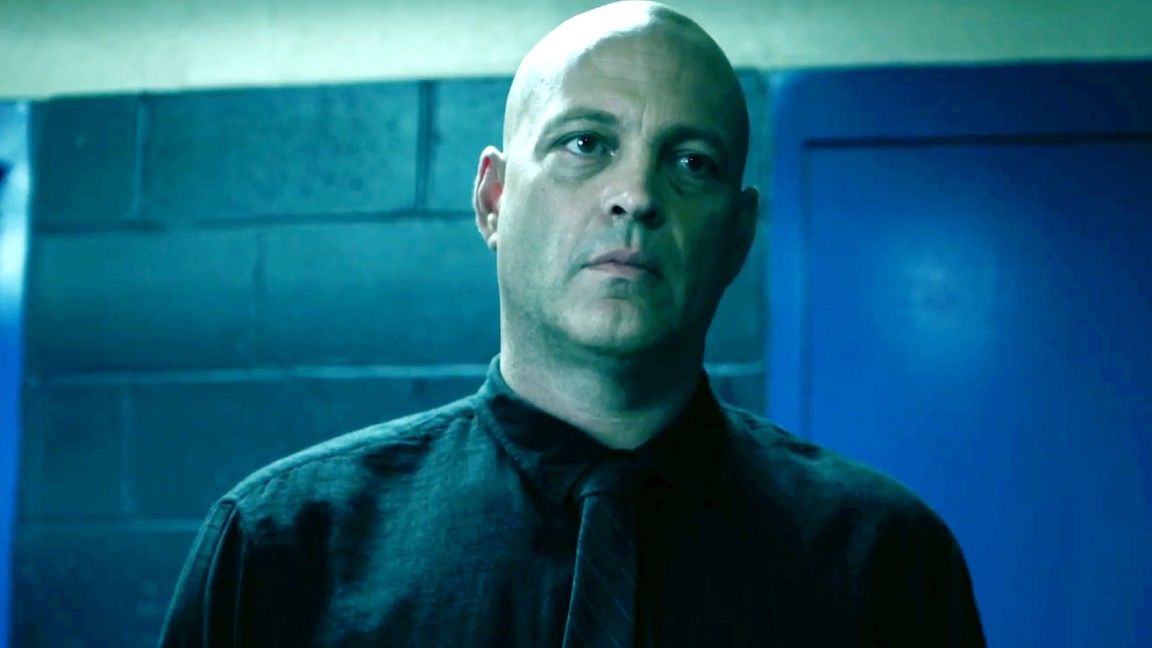
Here, in the Sheridan-produced “Lawmen: Bass Reeves” (so-called presumably to tee up miniseries about other iconic officers of the American West), we chart his trajectory from an unwilling participant in the wrong side of the Civil War to one of America’s first (and best) dispensers of justice. Played by David Oyelowo (who also executive produces), Reeves is a figure of titanic scope, nonetheless with humble beginnings: in the hourlong first episode, we see him in the thrall of his master, Confederate General George Reeves (Shea Whigham, always a reliable go-to for historical monsters), forced to fight a doomed battle lest he definitively die if he deserts. Nonetheless, George chooses to abandon the fight and bring himself and Bass back to their plantation, where Bass’ wife, Jennie (Lauren E. Banks), awaits him. Drunk and admiring of Bass’ fighting ability, George teases his freedom if he beats him in a game of cards. The game, as always for Black folk in America, is rigged, but even if George can control the cards, he can’t control the direction of Bass’ fists.
Thus begins a desperate flight to freedom for Bass in a stark, hourlong opener that serves as something of Reeves’ origin story. He runs from slave catchers and spends some time in Seminole Nation learning the language and helping out a desperate widow (Margot Bingham) and her son (Riley Looc) before tragedy brings him back to his beloved and humble life of farming. Several years and as many failed harvests later, a fateful meeting with a surly Marshal (Dennis Quaid’s gravelly, vulgar Sherrill Lynn) convinces him of his best destiny: cleaning up the lawless West at the barrel of a rifle.
And so it goes, as the rest of the first four episodes—all directed and shot with crisp, if flat, digital photography by Christina Alexandra Voros—chart Bass’ first tests of his resolve in the job. Oyelowo infuses him with a kind of stoic cool, a determined countenance hiding under a soup-catcher mustache, “Shaft” by way of “Gunsmoke.” He’s as quick with a bone-dry witticism as he is with a gun, but he’s no quipster; Reeves carries himself with the weight of his people’s history, not to mention his own. He takes his job seriously and occasionally relishes in how good at it he is—he’s even skilled at undercover work, scheming ways to get his marks in cuffs while they lie passed-out drunk.


































































